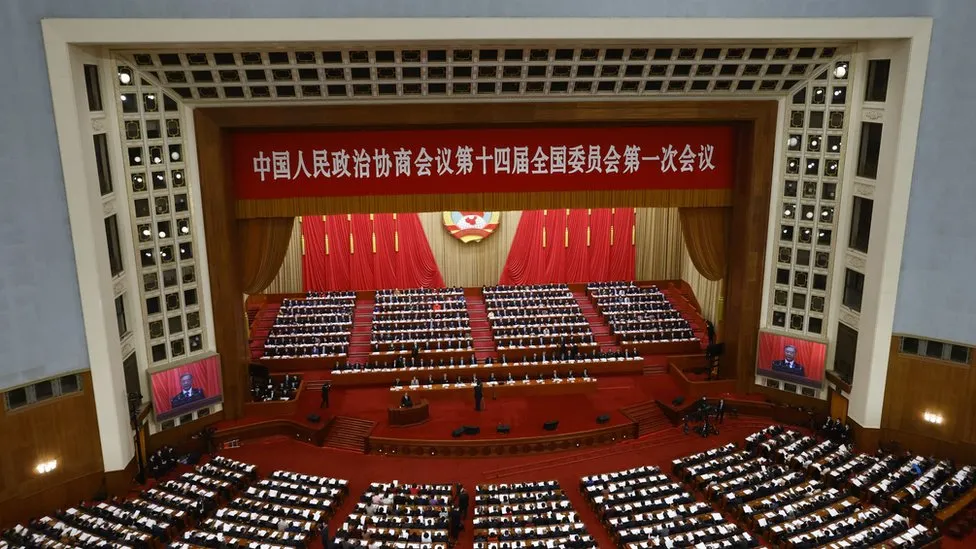Can a rubberstamp parliament help China’s economy?
In recent years, China has been widely criticized for its lack of political reform and the dominance of the Communist Party in decision-making processes. One key aspect of this criticism is the role of the National People’s Congress (NPC), widely seen as a rubberstamp parliament that merely approves decisions made by the party leadership.
Some argue that this lack of independent oversight and debate hampers China’s ability to address economic challenges effectively. Without a truly representative and independent parliament, it is argued, China may struggle to implement necessary economic reforms and adapt to changing global conditions.
On the other hand, proponents of China’s current political system argue that the country’s rapid economic growth and development are evidence that a strong, centralized government can be effective in driving economic progress. They argue that the NPC, while not a traditional democratic parliament, plays a crucial role in ensuring political stability and continuity of leadership, which are essential for economic development.
Ultimately, the question of whether a rubberstamp parliament can help China’s economy is complex and contested. It raises important issues about the relationship between political institutions and economic performance, and the balance between stability and innovation in governance.
